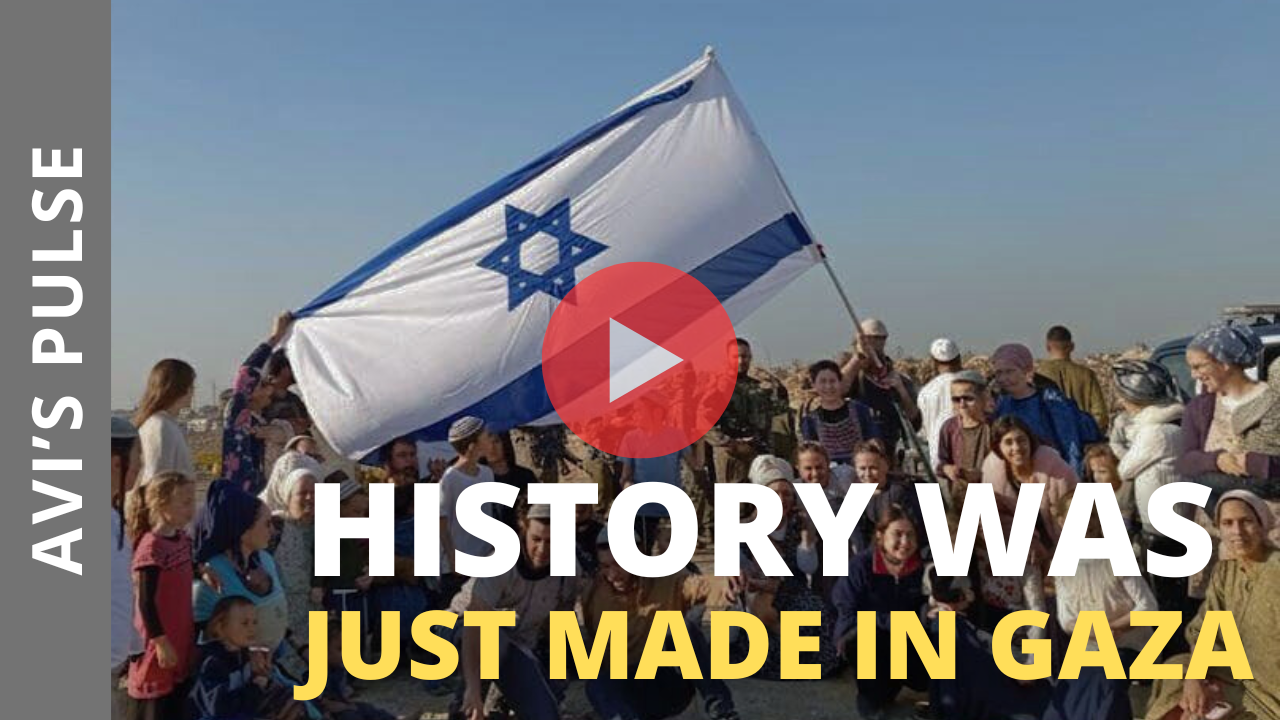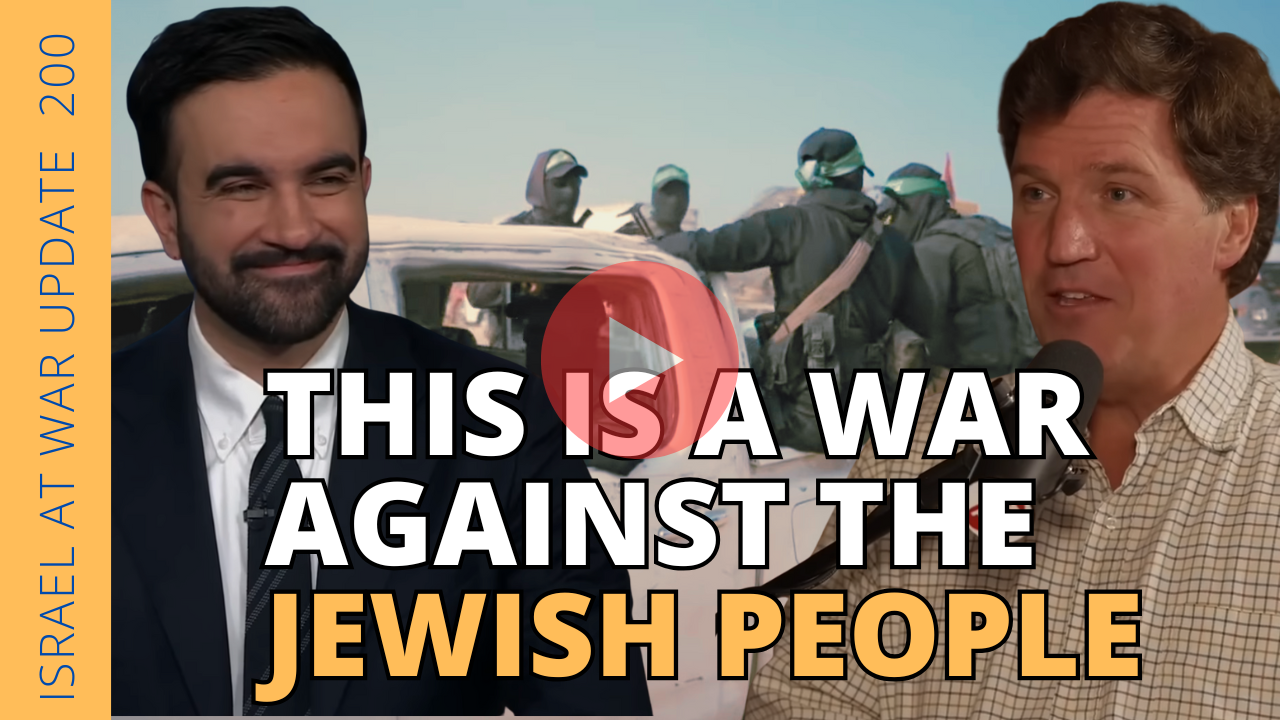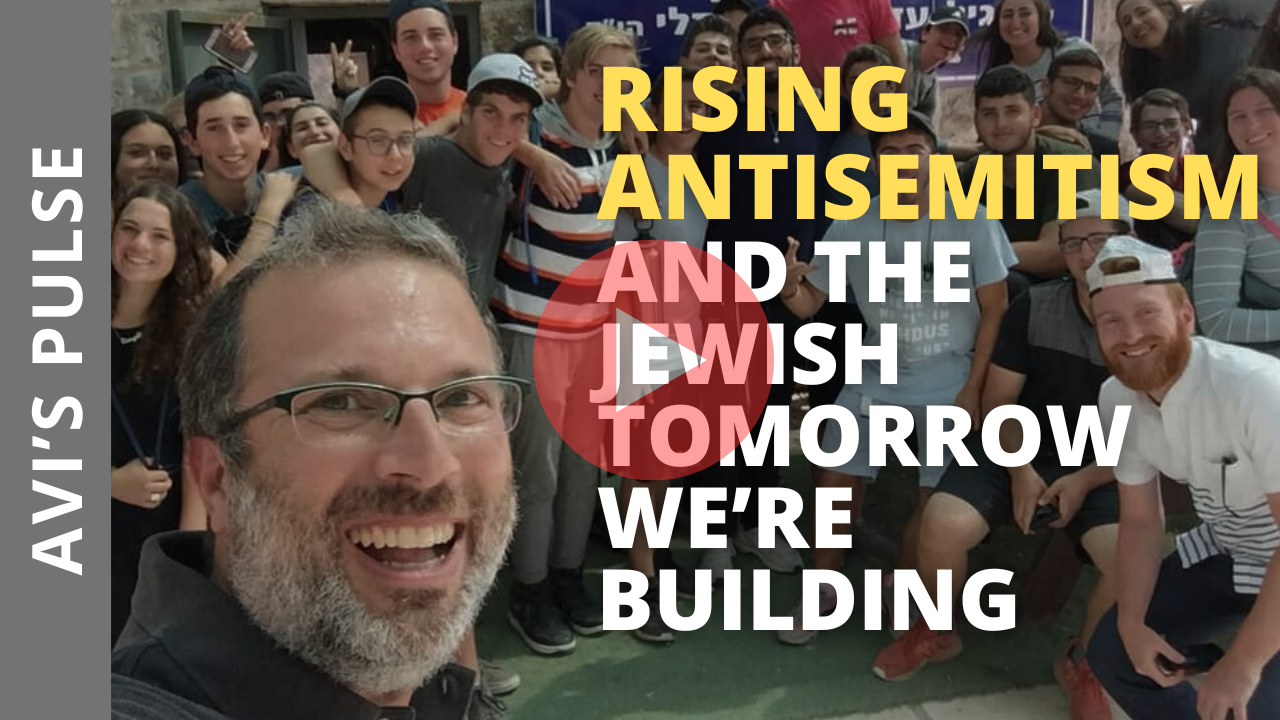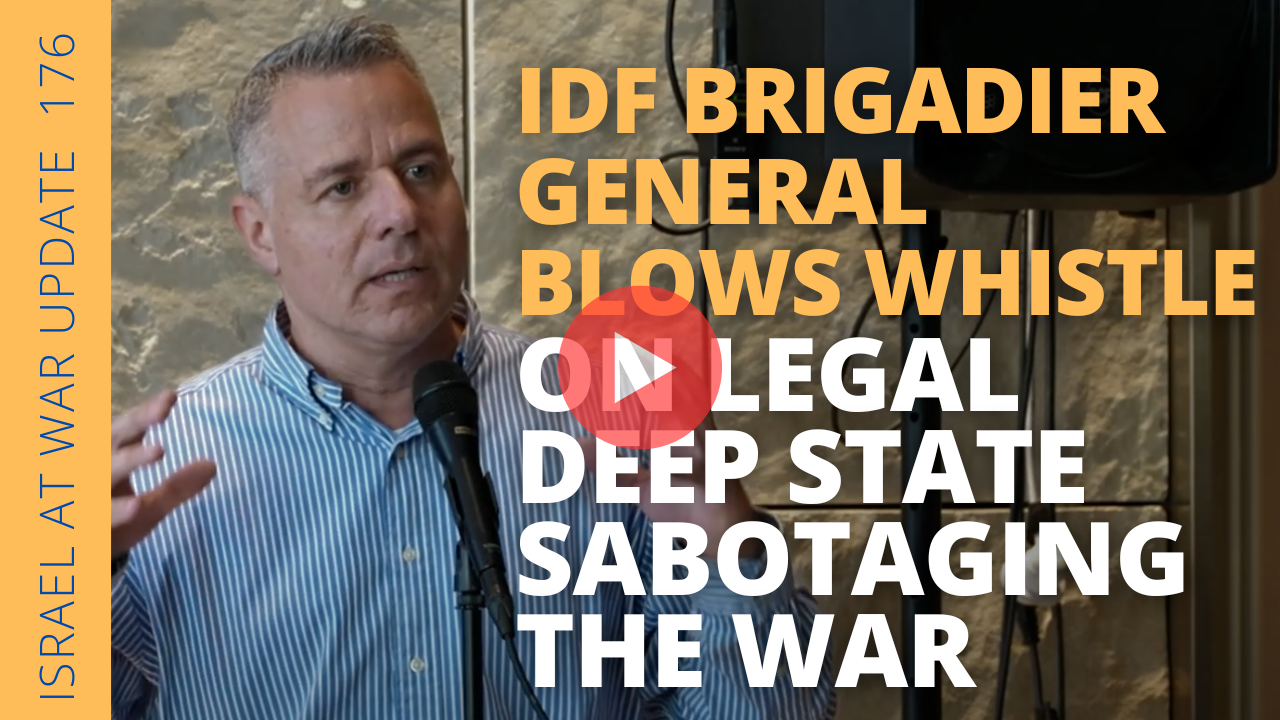“From Israel’s perspective, this is currently the preferred solution, because nobody wants Hamas or the P.A.,” a former 8200 commander tells JNS.
(July 17, 2025 / JNS)
Israel is reportedly actively arming and supporting multiple local, anti-Hamas clans and militias in the Gaza Strip as part of a broader effort to cultivate a new source of local power for the “day after” the war.
According to assessments in Israel, Hamas has been significantly shaken by these efforts.
Recent reports indicate this policy, which includes Israeli support for a militia led by Yasser Abu Shabab in the southern Gaza city of Rafah, is expanding. According to a July 3 report by Ynet news, Israel is arming and coordinating with two additional clans: the Khalas clan, operating in Gaza City’s Shejaiya neighborhood, and a faction led by Yasser Khanidak in Khan Yunis.
This effort represents a significant attempt to reshape the political-security landscape of a post-war landscape. Brig. Gen. (ret.) Hanan Geffen, a former commander of the Israel Defense Forces elite Unit 8200 intelligence unit, told JNS in recent days that Israel is trying to learn and apply lessons from past, negative experiences with setting up groups.
“We have had a bad experience over the years with groups we tried to establish under Israeli auspices,” Geffen told JNS. “The very fact of Israeli sponsorship causes the Palestinian public to be wary and not accept them, to present them as traitors, and therefore, these groups have been condemned in various ways over the years. So history is not encouraging.”
Despite this, Geffen believes that the current situation in the coastal enclave is unprecedented and may offer a new opportunity, rooted in the specific demographics of Gaza.
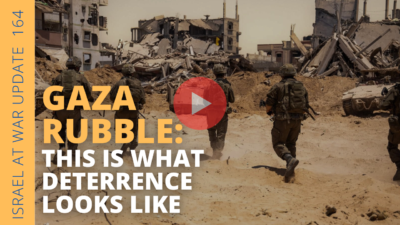
He explained that the Strip is composed of three main populations: the original residents; Bedouin tribes who arrived from Sinai; and a very large population of refugees from 1948 who came to dominate Gaza.
“The descendants of refugees from the camps took over the Strip. In the end, Hamas took power,” Geffen said.
“If we reach a situation where Hamas—that is, the refugees in the Gazan translation—to a point where they understand that they caused a terrible disaster for Gaza, for 2 million people who do not see reconstruction on the horizon, if they see this and it penetrates their consciousness, then groups like Abu Shabab and others who say, ‘We are coming to save you from the catastrophe,’ may establish a base to exist and may survive,” he assessed.
“From Israel’s perspective, this is currently the preferred solution, because nobody wants Hamas, and nobody wants the [Palestinian] Authority because the Authority itself is a completely irrelevant body that will not contribute anything,” Geffen added.
A key tool for empowering these new groups, he suggested, will be the massive reconstruction effort Gaza will require. By giving these new clan leaders control over local construction companies, labor recruitment, and security for building sites, Israel and its international partners could help create a new, organic power base that provides tangible benefits to the population, directly challenging Hamas’s political control, he argued. This effort to cultivate local alternatives to Hamas could be backed and financed by moderate Gulf states.
‘I will pursue them’
In a July 6 interview with Kan News, Yasser Abu Shabab stated that his Gaza militia had received weapons from Israel to stand up to Hamas, adding, “We tasted the bitterness and injustice that was caused to us by Hamas, and we took it upon ourselves to deal with this aggression.
He added that his organization moves with ease in Rafah and is located in a zone under full IDF control. Abu Shabab described Hamas as “an inflated balloon. Hamas is fighting for its life. It’s going to a deal that is its last path towards the end of its existence, the end of the organization from a moral and physical perspective. Physically, I will pursue them.”
Geffen interpreted this interview as a message by Abu Shabab to both Hamas and to Gazans that he is receiving IDF protection. “This means that if there is a threat to me, the IDF, fighter jets, then someone will come to protect me. This seems to be what he is saying, because he is speaking in a very explicit and open manner.”
Geffen also added that there may be several other groups being supported by Israel in a hidden manner, potentially through the Shin Bet or the Coordinator of Government Activities in the Territories.
“These are processes. We see the beginning of them. We saw a report about the IDF reducing a cell of Gazans from a home, including one taken to the hospital. These appear to be people activated by the IDF or the Shin Bet. In other words, we can assess that there are various ways to integrate or cooperate with such activities, both through combat and through reconstructions.”
While Israel sees this as a path forward, the Palestinian Authority views it as a scenario in which it is excluded from the future of the Gaza Strip. Jibril Rajoub, the secretary-general of Fatah’s Central Committee, stated in a July 13 interview with an Egyptian television channel that any ceasefire that does not include a unified Palestinian leadership would be a “recipe for civil war.”
He accused Israel of “establishing and arming militias for the day after the war,” and claimed that a future Palestinian state must be based on “one authority, one gun, one law, one police officer” under the Palestinian Authority. Yet the gap between Rajoub’s comments and the reality in Gaza could not be greater.
Hamas, for its part, is treating the rival clans and militias as a direct threat. On July 3, Hamas issued a 10-day ultimatum, ordering Yasser Abu Shabab to surrender and face trial for treason.
‘A considerable fighting force’
Joe Truzman, a senior research analyst at the Washington D.C.-based Foundation for Defense of Democracies’ Long War Journal, stated, “Israel arming clans has not created enough pressure on Hamas to create a crisis for the group. While significantly degraded, Hamas continues to be the dominant organization in Gaza. … The most pressing concern for Hamas is that several armed opposition groups will grow and become a considerable fighting force.”
Ahmad Sharawi, a research analyst at FDD, added that Hamas will leverage the “collaborator” label to justify its actions.
“Palestinian media has already turned against these individuals, labeling them as traitors and collaborators. Hamas, in turn, often justifies its crackdown on local dissidents by framing them as part of this alleged betrayal,” he said.

 Whatsapp
Whatsapp